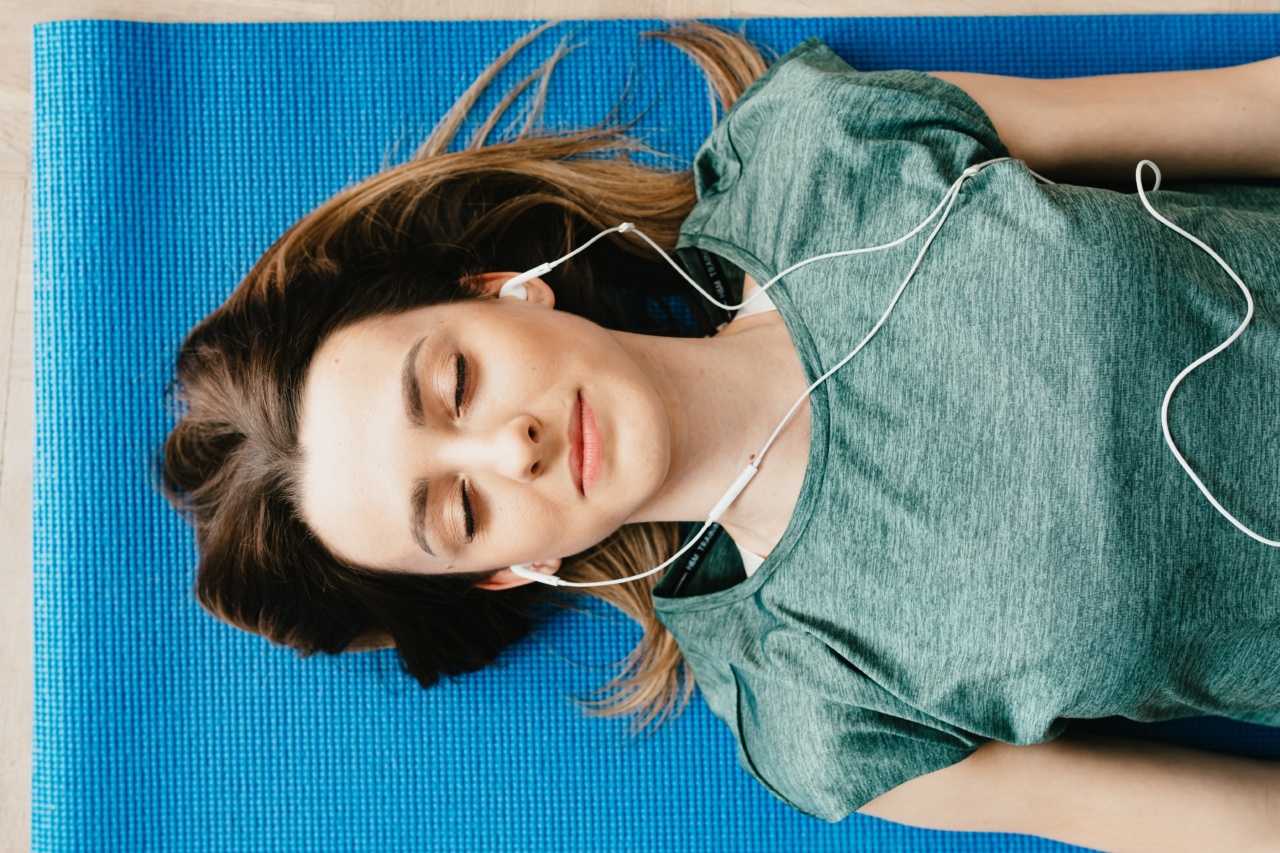Mindfulness is a powerful technique that can be used to improve various aspects of our lives. One area where mindfulness can have a significant impact is in promoting better sleep.
In this article, we will explore the relationship between mindfulness and sleep and discuss how incorporating mindfulness practices into our daily routine can help us achieve a more restful and rejuvenating sleep.
The Science of Sleep
Sleep is a vital process that allows our bodies and minds to recharge and restore. It plays a crucial role in maintaining good physical and mental health.
However, with the fast-paced and stressful nature of modern life, many individuals struggle with getting adequate and quality sleep.
According to research, lack of sleep or poor sleep quality can lead to a range of issues such as increased stress levels, impaired cognitive function, weakened immune system, and even an increased risk of chronic diseases like obesity and diabetes.
Therefore, it is essential to prioritize and optimize our sleep patterns to support overall well-being.
The Role of Mindfulness in Sleep
Mindfulness is a practice that involves paying attention to the present moment without judgment. It has been widely recognized for its ability to reduce stress, enhance emotional well-being, and improve overall cognitive function.
These benefits make mindfulness an effective tool for promoting better sleep.
Reducing Stress and Anxiety
One of the primary reasons individuals struggle with sleep is due to stress and anxiety. Racing thoughts and worries can keep our minds active, making it difficult to fall asleep or stay asleep throughout the night.
Mindfulness helps to calm the mind and reduce stress by redirecting our focus to the present moment.
By practicing mindfulness techniques such as deep breathing, body scan meditation, or mindfulness-based stress reduction (MBSR), individuals can learn to let go of the racing thoughts and worries that can sabotage their sleep.
This allows for a more relaxed state of mind, making it easier to drift into a restful and uninterrupted sleep.
Improving Sleep Quality
Not only does mindfulness help in falling asleep, but it also improves the overall quality of sleep. Mindfulness encourages a non-judgmental and accepting attitude towards our experiences, including our thoughts and emotions.
This attitude can be applied to our sleep as well.
Individuals who practice mindfulness before sleep tend to find it easier to let go of negative thoughts and emotions that may arise during the night.
By cultivating a sense of acceptance and non-resistance, they are more likely to experience peaceful and deep sleep, leading to improved overall sleep quality.
Enhancing Body Awareness and Relaxation
Mindfulness involves being fully present and attuned to our body sensations. This heightened body awareness can be particularly beneficial for promoting relaxation before sleep.
By focusing on the sensations of the breath, the weight of the body, or performing a body scan meditation, individuals can develop a deeper connection with their body and release any physical tension or discomfort that may be interfering with sleep.
This process of relaxation can prepare the body for a more comfortable and peaceful sleep experience.
Establishing a Mindful Bedtime Routine
To reap the benefits of mindfulness for sleep, it is essential to establish a consistent bedtime routine that incorporates mindfulness practices. Here are some steps to help you create a mindful sleep routine:.
1. Set a Regular Sleep Schedule
Going to bed and waking up at the same time every day helps regulate your body’s internal clock, making it easier to fall asleep and wake up naturally. Consistency is key in fostering healthy sleep patterns.
2. Create a Calm Environment
Your sleep environment plays a crucial role in promoting relaxation. Make sure your bedroom is cool, quiet, and free from distractions such as electronic devices and bright lights.
Consider using blackout curtains, earplugs, or white noise machines to create a serene atmosphere that supports better sleep.
3. Unwind with Mindful Activities
Engage in relaxing activities before bed to signal to your body that it’s time to wind down. This could include reading a book, taking a warm bath, or practicing gentle stretches.
Incorporate mindfulness practices such as deep breathing exercises or meditation to further promote relaxation.
4. Practice Guided Sleep Meditations
Guided sleep meditations can be a helpful tool in calming the mind and preparing the body for sleep. Look for guided meditation recordings or apps specifically designed for sleep and relaxation.
These guided meditations often incorporate mindfulness techniques to induce a state of deep relaxation and peace.
5. Avoid Stimulants and Electronics
Avoid consuming stimulants such as caffeine or engaging in stimulating activities close to bedtime.
Additionally, limit exposure to electronic devices, especially those that emit blue light, as they can interfere with the production of melatonin, a hormone essential for sleep.
6. Journaling
If racing thoughts before bed are keeping you awake, consider journaling as part of your bedtime routine. Write down any worries, thoughts, or emotions that may be lingering in your mind.
This practice can help declutter your thoughts and provide a sense of closure, making it easier to relax before sleep.
Conclusion
Mindfulness offers a powerful and natural approach to achieving better sleep.
By incorporating mindful practices into our daily routine and establishing a mindful bedtime routine, we can reduce stress and anxiety, improve sleep quality, and create a more restful sleep environment. Prioritizing sleep and embracing mindfulness can lead to overall enhanced well-being and a more rejuvenated mind and body.






























